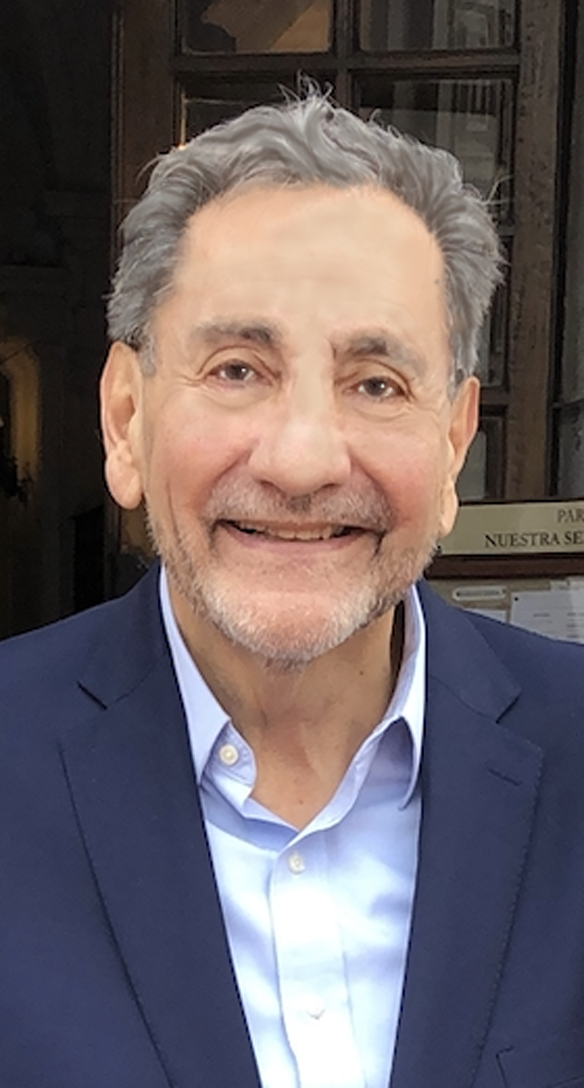Dr. Bazan One of Few Appointed Foreign Adjunct Professors at Prestigious Karolinska Institutet
Leslie Capo, Director of Information Services
Nicolas G. Bazan, MD, PhD, Boyd Professor, Ernest C. and Yvette C. Villere Chair for Retinal Degeneration and Director of the Neuroscience Center of Excellence at LSU Health New Orleans School of Medicine, is one of 11 international academics and one of only three from the United States appointed as foreign adjunct professors by the Karolinska Institutet (KI) in Stockholm, Sweden. Dr. Bazan is the only foreign adjunct professor named in Neuroscience/Neurology. Initially appointed in 2017, his current term is for another three years.
According to the Karolinska Institutet, teachers or researchers who are appointed as foreign adjunct professors are expected to have excellent scientific qualifications, as well as being internationally recognized and leading in their research field, equivalent to what is required for a permanent position as a full professor at KI.
The research collaboration established by Dr. Bazan is advancing our understanding of aging, Alzheimer's disease (AD) and other neurodegenerative diseases. Projects include looking at the novel signals that protect the brain in the cerebral spinal fluid (CSF) of the early stages of AD. KI has a superb repository of AD, brain, blood, CSF, etc., as well as new data from patients. Dr. Bazan's lab advanced innovative studies on the CSF of patients with AD at different states of cognitive deficits.
Dr. Bazan's research has led to the discovery of new gene regulation and necessary proteins for cell survival during aging and at the onset of brain and retina neurodegenerations. His lab uncovered the molecular principles involved in the retention/conservation of docosahexaenoic acid (DHA) necessary for cell survival signaling in the retina and brain. His team also contributed to the discovery of the cell survival mediator neuroprotectin D1 (NPD1), the first biologically active mediator of the novel docosanoid family. NPD1 is a lipid messenger made from the omega-3 fatty acid docosahexaenoic acid (DHA) made on-demand when cell survival is compromised. Dr. Bazan also discovered a new class of molecules that regulate cell-to-cell communication and immune activity in response to injury. He is now actively studying injury from infection with SARS-CoV-2, the virus that causes COVID-19. Dr. Bazan named this new class of molecules Elovanoids (ELVs), which are bioactive chemical messengers made from omega-3 very long-chain polyunsaturated fatty acids. They are released on demand when cells are damaged or stressed. These compounds rescue brain cells and promote their survival.
“Our interaction with KI on neurological and ophthalmological programs has proven to be very enriching and productive,” notes Dr. Bazan. “Our growing interaction accelerates performing science of the highest caliber that advances the understanding of brain function and diseases that affect the nervous system. Our collaboration combines our innovative concepts and methodologies with the models and clinical resources that they have. The synergy is remarkable and will provide a new understanding of the mechanisms responsible for the deviation from healthy brain aging to the pathological states of Alzheimer's disease. Our investigations will serve as a reference for future studies on therapeutic interventions for Alzheimer's disease.”

